Is Robinhood the best investing app? See how it stacks up against rivals
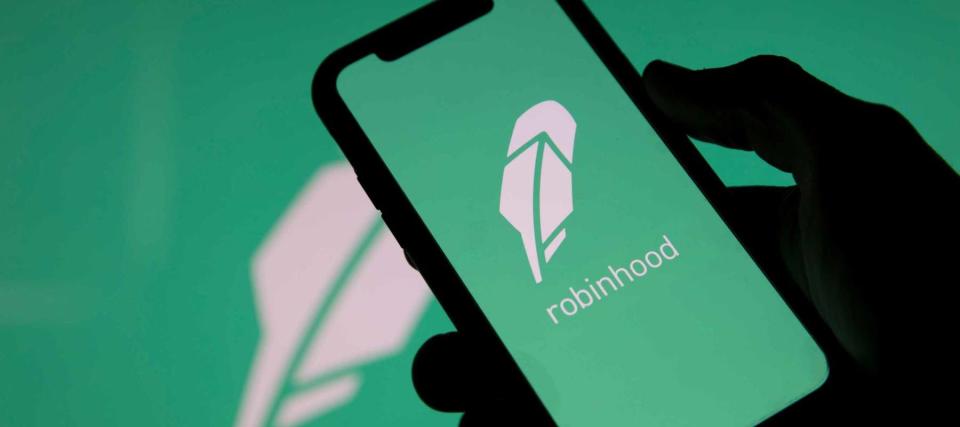
Investing your hard-earned money can be intimidating, especially if you’re new to the game.
But thanks to a slew of new mobile investment tools, the market is no longer reserved only for the stock-savvy and the ultra-rich.
If you follow the news, you probably know about Robinhood, which was the investing app of choice for the people on Reddit who recently went on a frenzy buying up stock in the video game store GameStop.
But Robinhood doesn't have the mobile investing field all to itself. Rivals Stash, Betterment and Acorns also make it easy for you to play the market, no matter how little experience — or cash — you have at your disposal.
All these apps boast low fees and a simple, streamlined experience, but which one is best suited for your unique needs?
Here’s a breakdown of what Robinhood, Stash, Acorns and Betterment bring to the investing table — to help you decide.
Robinhood overview
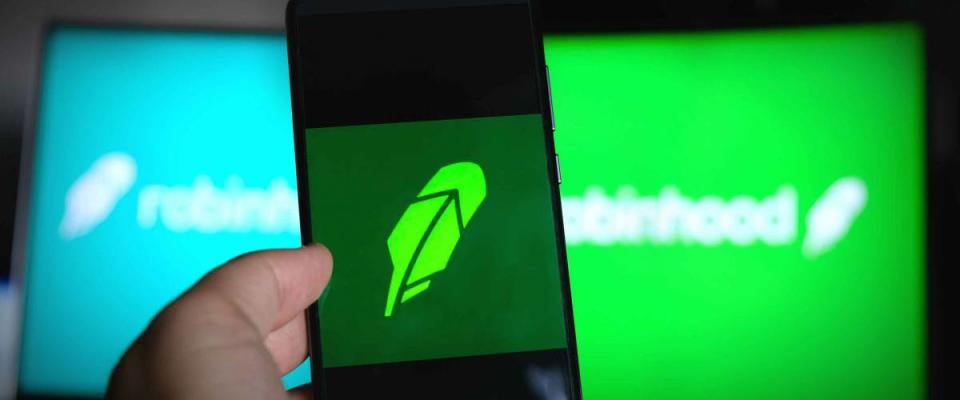
Here's the lowdown on Robinhood: It's an easy-to-use, full-service brokerage app that provides free investment accounts with no commissions or trading fees.
The Robinhood app lets you buy and trade stocks, options, ETFs and even cryptocurrencies, so you’ll have a wide range of investment options no matter what you’re passionate about.
Robinhood supports fractional trading, which means you have the chance to own a piece of an industry-leading company like Apple or Tesla without having to drop hundreds (or possibly thousands) on a full share.
You also can set up the app to deliver customized news and notifications about stocks based on your preferences, allowing you to easily keep tabs on your assets and expand your financial know-how.
As an added bonus, when you sign up for Robinhood you’ll automatically get a free stock added to your account. It works on a lottery system, so if you’re lucky the stock you get could be for a top brand like Visa, Microsoft or even Facebook.
Stash overview
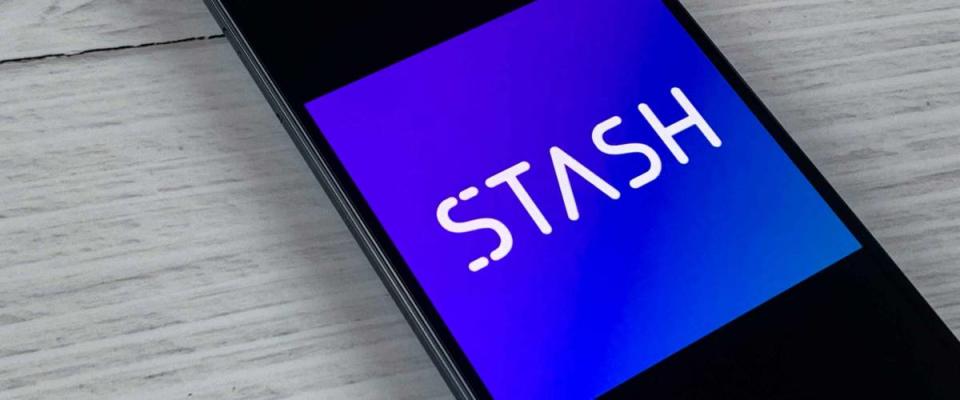
Stash is an intuitive mobile platform designed to make investing quick and stress-free for beginners.
After you answer a few questions about your risk tolerance, Stash will give you personalized suggestions on which stocks and exchange-traded funds (ETFs) to add to your portfolio.
You’ll also have the option to choose stocks and ETFs on your own using Stash’s handy investment synopses and risk breakdowns.
If you don’t have a lot of cash to play around with, Stash allows you to invest in fractional shares of big-name companies for $5 or less.
A Stash Beginner subscription costs just $1 per month and comes with all the tools you need to start investing.
For $3 per month you can get a Stash Growth subscription, which includes everything offered with Stash Beginner, as well as a retirement account (your choice of a Roth or traditional IRA) and tax benefits for retirement investing.
Stash+ is Stash’s premium option, which gives you access to everything Stash has to offer, as well as investing accounts for your kids and additional perks and bonuses, for $9 per month.
Acorns overview
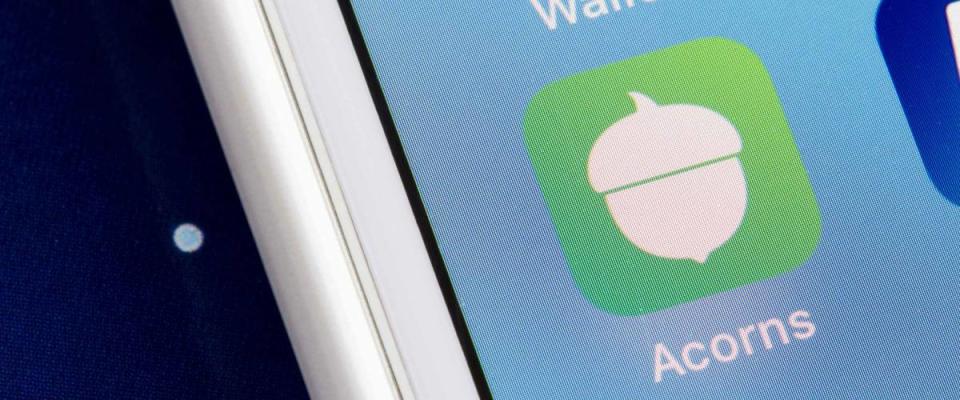
Acorns is an automated micro-investing tool that helps new investors play the market without having to worry about the complicated aspects of trading, like what to buy and when to sell.
In under five minutes you can set up a diversified portfolio based on your risk tolerance and start investing immediately using round-ups on your credit and debit cards.
Whenever you make a purchase using the card that’s linked to your account, Acorns will round it up to the nearest dollar and invest the leftover change.
You can also set up automated recurring investments to help your portfolio grow faster, and get extra cash invested when you shop at one of Acorns’ partner brands.
An Acorns Lite account costs $1 per month and comes with all the features mentioned above.
For $3 per month you can get Acorns Personal, which also includes a retirement account, a checking account and personalized money advice, along with all the basic features.
If you have kids, you can get Acorns Family for $5 per month, which allows you to add multiple children to your Personal account and scores you exclusive bonus investments and family-oriented financial advice.
Betterment overview
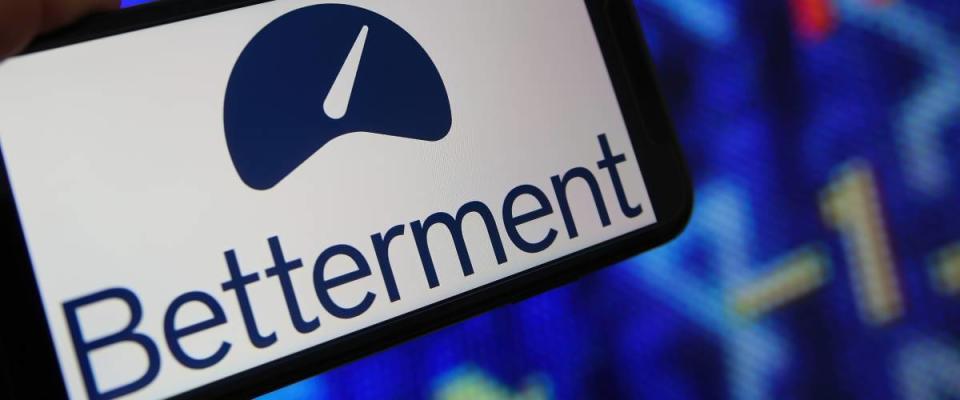
Betterment is an automated investing tool that has been around for more than a decade and carries the distinction of being the first-ever robo-advisor.
After answering some basic questions about your financial goals, Betterment will use Nobel Prize-winning research to build you a custom portfolio based on your personal preferences and risk tolerance.
In addition to a standard portfolio made up of diversified ETFs, Betterment also offers several other niche portfolios, including three socially responsible investing options that focus on causes like social justice and climate change.
If you prefer to have more control over the makeup of your portfolio than you’d typically get with a robo-advisor, Betterment’s Flexible Portfolio will let you adjust the percentage of your money that’s invested in any specific ETF.
Once your portfolio is set up, Betterment will automatically manage it for you and rebalance it whenever it starts to stray from your long-term financial goals.
Betterment’s Digital investing account costs a flat annual fee of 0.25%, which works out to $2.50 a year for every $1,000 you invest, and requires no minimum balance to get started.
A Premium investing account from Betterment is a bit more pricey — 0.40% per year — but it also comes with unlimited calls and emails with Betterment’s team of Certified Financial Planners. To open a Premium investing account, you’ll need to have a minimum balance of $100,000.
How Stash, Acorns, Robinhood and Betterment are similar

Although each app comes with its own unique features, there are a few ways in which Stash, Acorns, Robinhood, and Betterment are similar.
Phone-friendly, web ready: All four apps are designed for use with your Apple or Android mobile device, but can also be accessed via your computer browser.
No minimum investment: None of the four apps requires a minimum investment to open an account.
Taxable accounts: All four offer taxable investing accounts.
Exchange-traded funds: All four allow you to invest in ETFs.
Stash’s unique features
Stash is the only one of the three apps that offers Socially Responsible Investing (SRI) portfolios, which means that you can avoid investing in stocks and companies that don’t align with your personal beliefs.
Stash is also the app that provides the best opportunity to learn as you go — you’ll receive guidance while building your portfolio, but you’ll also have the option to make your own decisions about what you want to buy or sell.
Acorns' unique features
Acorns’ main draw is the fact that it’s fully automated — you can invest as much or as little as you’d like without ever having to worry about the complexities of the market.
The round-up feature ensures that none of your spare change will go to waste, and the ability to set up automatic recurring investments allows for a totally hands-off approach to growing your money.
Robinhood's unique features
Robinhood is the only one of the three apps that offers a free basic account with no trading fees. It also has the widest range of investment options available, and allows you to pick and choose individual stocks, options, ETFs and cryptocurrencies based on your own interests.
The trade-off is that, of the three apps, Robinhood provides the least amount of guidance for new investors, so there may be a steep learning curve if you’re just starting out.
Betterment’s unique features
Betterment’s big draw is that it combines the convenience of a robo-advisor with the ability to build a portfolio based on your own unique goals and values.
With Betterment’s socially responsible investing options, you can rest easy knowing that your money isn’t supporting companies or causes you don’t agree with.
Betterment also offers the most comprehensive premium plan for users who are willing to pay a bit more in exchange for unlimited access to professional financial guidance.
User support
When it comes to user support, Stash and Betterment both offer customer service via phone or email, while Acorns and Robinhood provide customer service exclusively via email.
Safety and security
Stash, Acorns, Robinhood, and Betterment all use cutting-edge security and encryption technologies to keep your personal data — and your money — safe.
Additionally, with all four apps your account is protected up to $500,000 by the Securities Investor Protection Corporation (SIPC).
Which one is the best investment app?

Overall, Stash, Acorns, Robinhood and Betterment are all solid investment apps, and the one that’s right for you will depend largely upon your needs.
If you’re a new investor looking to learn more about how the market works while you build your portfolio, Stash is your best bet.
If you’re more interested in a “set it and forget it” model of investing and prefer not to be bothered with the inner-workings of your portfolio, Acorns is the way to go.
And if you already have a knowledge of basic investing principles and just want a low-cost way to buy and sell stocks, options, ETFs and cryptocurrencies, Robinhood is an excellent choice.
And if you want a way to invest hassle-free while still maintaining control over the types of stocks and bonds you buy and the companies you support, Betterment has got your back.
What if you want to invest in real estate?

If you have your heart set on getting into the real estate game, the four apps mentioned above offer limited options.
Stash and Robinhood both allow you to invest in real estate investment trusts (REITs), which are companies that own or finance a wide variety of income-producing real estate holdings. But if you want to own a piece (or multiple pieces) of physical real estate, you’re out of luck.
However, there’s an app called Fundrise that does make it possible to invest in high-end real estate properties — without spending a fortune.
Investing with Fundrise is a lot like buying stocks, only instead of funding a company, your money goes towards buying real estate. You’re basically crowdfunding the purchase of properties all over the country, from commercial developments in LA to residential buildings in NYC.
You’ll have a diverse portfolio of assets that would usually only be available to big-time real estate investors, and you’ll receive payouts through quarterly dividend distributions.
Fundrise’s plans start at $500, with a flat 0.15% annual investment advisory fee and a 0.85% asset management fee. That works out to $10 a year for every $1,000 you invest.
It only takes a few minutes to get started, so if you’ve been hoping to pad your portfolio with primo properties, Fundrise is a great call.
What if you want to invest in farmland?
As an investment, farmland offers a ton of advantages.
First and most importantly, it’s a proven source of higher returns than you get from more traditional portfolios. Between 1991 and 2019, U.S. farmland delivered more than 11% in returns to its investors, according to FarmTogether’s research.
That’s better than traditional real estate, better than bonds and gold — it’s even better than the stock market, which over the same period grew by 9.6%.
And whereas a traditional mix of stocks and bonds pays 8.15% in average annual returns, adding farmland to mix will jack that number up to 8.61%, farm-investing platform FarmTogether says.
Farmland is also a shield against volatility; it’s hard to find something more stable than the literal ground underfoot. Given the constant ups and downs in the stock market, Perez says it’s good to have investments in assets that, while still subject to fluctuations, are “more insulated” from the turmoil.
Inflation? Farmland helps in that department, too. When consumer prices rise, the prices of commodities like food generally rise, too. That means the value of a portfolio with farmland is more likely to keep pace.
And of course, since farmland is genuinely useful and productive — not just some hypothetical store of value — you get to see the immediate benefits of that productivity. A new tool allows accredited investors to buy a portion of a farm, all while getting a cut from crop sales, providing cash income while the value of the asset increases.
While no investment is a sure thing, you can guarantee that regardless of what the economy is doing, people will always need to eat.

 Yahoo Finance
Yahoo Finance 